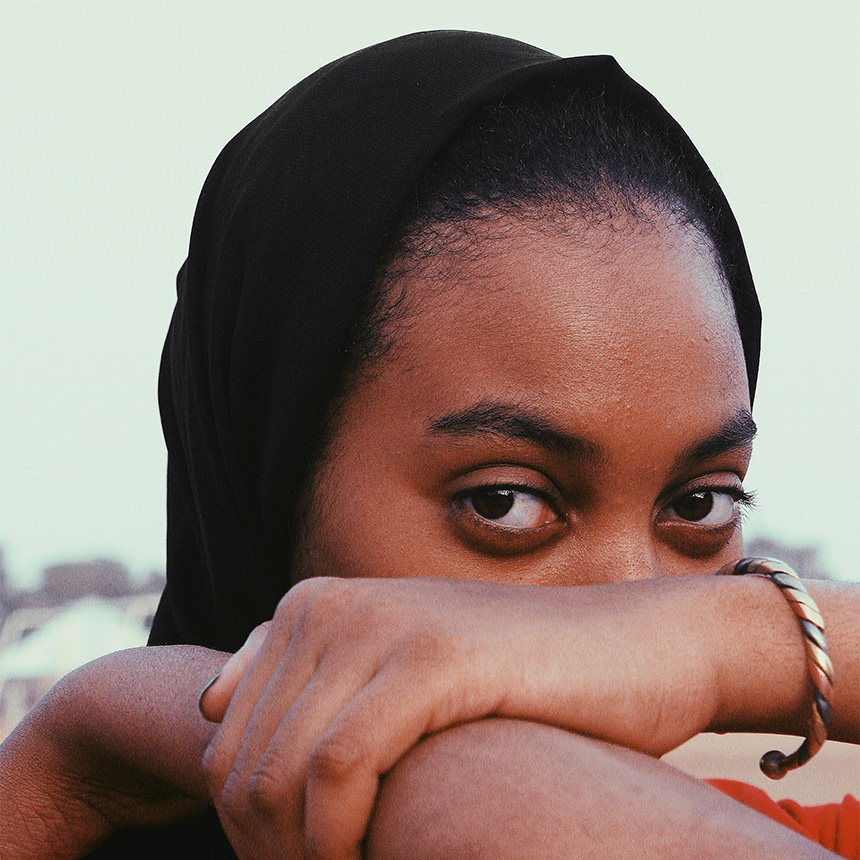Forced Marriage and Human Trafficking

Forced Marriage in the United States
The United States is not aligned with the United Nations and international law when it comes to forced marriage.
Unlike the United Nations, the United States government views forced marriage only as a human rights violation, and as being different than human trafficking. The U.S. government states that forced marriage and human trafficking are distinct forms of abuse; viewing children forced to marry as victims of child abuse, but not necessarily of human trafficking. However, the U.S. has passed human trafficking legislation that covers the conditions under which forced marriages occur.
The U.S. passed the Trafficking Victims Protection Act of 2000 (TVPA), which defines and criminalizes human trafficking violations. According to the TVPA, involuntary servitude is a form of human trafficking, and “includes a condition of servitude induced by means of any scheme, plan, or pattern intended to cause a person to believe that, if the person did not enter into or continue in such a condition, that person or another person would suffer serious harm of physical restraint.”
As Safe Horizon puts it, “because forced marriage happens as a result of various threats, pressure, or coercion, where one or both participants do not or cannot consent, forced marriage is human trafficking” within the purview of the TVPA.
What are the consequences of forced marriage?
The consequences of forced marriage are broad and substantial.
According to the Tahirih Justice Center, girls who marry before they turn 18 are at higher risk for child abuse, sexual assault, rape, and stalking. They are more likely to experience female genital mutilation and cutting, domestic and family violence, and some form of imprisonment. They are also less likely to remain in school. If girls are impregnated as an adolescent, they're more likely to have a stillborn child, have their child die within the first month of life, and are at a much higher risk of dying themselves during pregnancy and childbirth.
Boys forced to marry share some of the same increased risks as girls, but it's also common for them to take on responsibilities they may not be ready for and to experience early fatherhood, which can lead to additional economic pressures as they're often the sole provider for their family.
What can I do about forced marriage?
In the last decade, 25 million forced marriages were prevented because of the increased rate of girls' education, proactive investment of governments in adolescent girls, and greater public awareness of the harms of child marriage, yet no region or country is on track to eliminate forced marriage. More action is needed.
The United Nations 2030 Agenda for Sustainable Development provides a framework and methodology to combat forced marriage as well as other human rights violations. Goal 5.3 specifically addresses forced marriage.
If you want to combat forced marriage, get involved in organizations that focus on educating girls and preventing forced marriage, such as Girls Not Brides and Save the Children.
If you suspect a forced marriage has occurred or will occur in the U.S., confidential help is available 24 hours a day, 7 days a week.
- The National Domestic Violence Hotline: 1-800-799-SAFE (7233)
- National Human Trafficking Hotline: 1-888-373-7888
If you are outside the U.S. and suspect a forced marriage has occurred or will occur, please contact local authorities.
This “Eyes on Trafficking” story is reprinted from its original online location.
ABOUT PBJ LEARNING
PBJ Learning is a leading provider of online human trafficking training, focusing on awareness and prevention education. Their interactive Human Trafficking Essentials online course is being used worldwide to educate professionals and individuals how to recognize human trafficking and how to respond to a potential victim. Their online human trafficking course is available for use on any web browser (even your mobile phone) at any time.
More stories like this can be found in your PBJ Learning Knowledge Vault.
